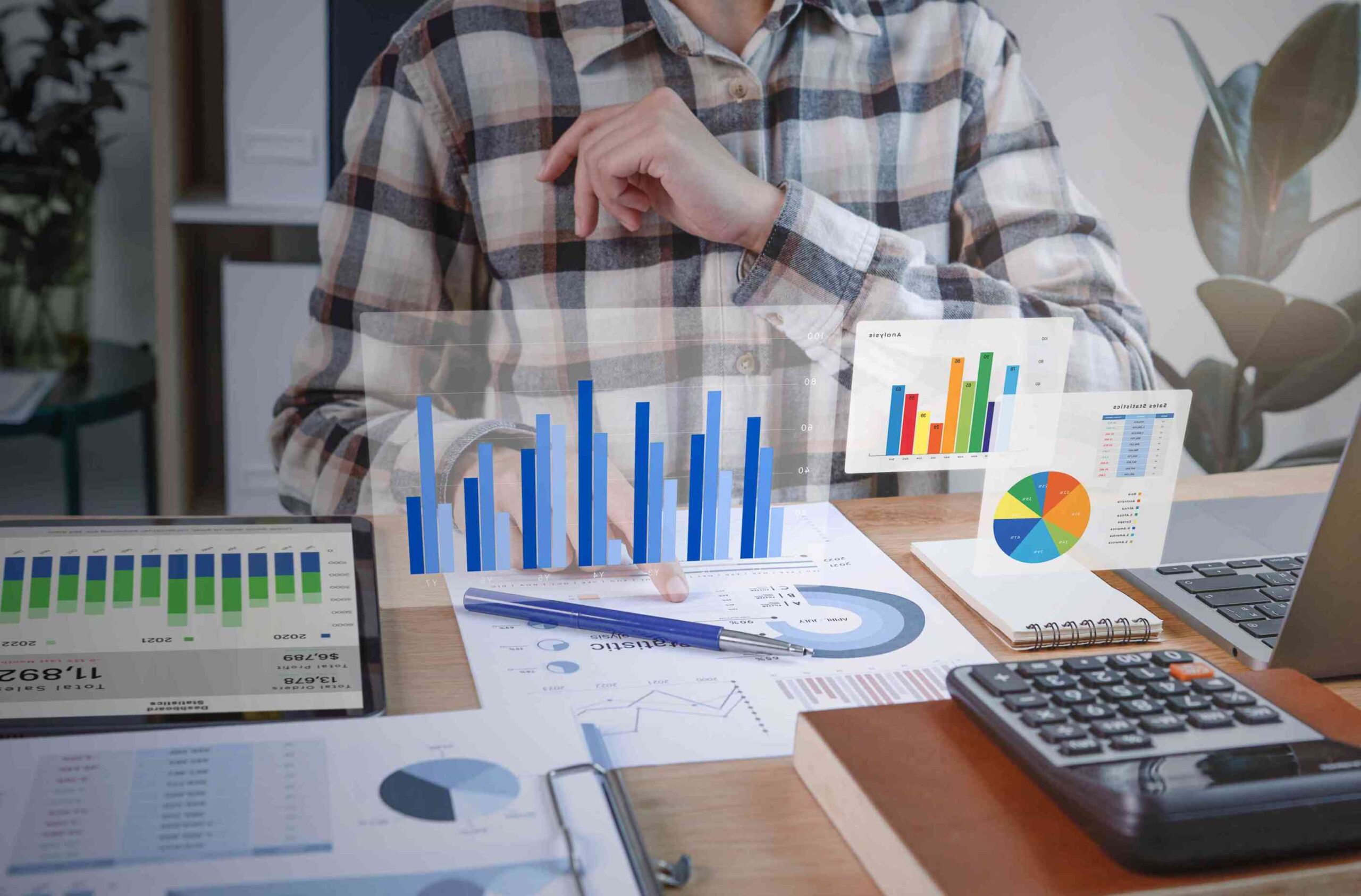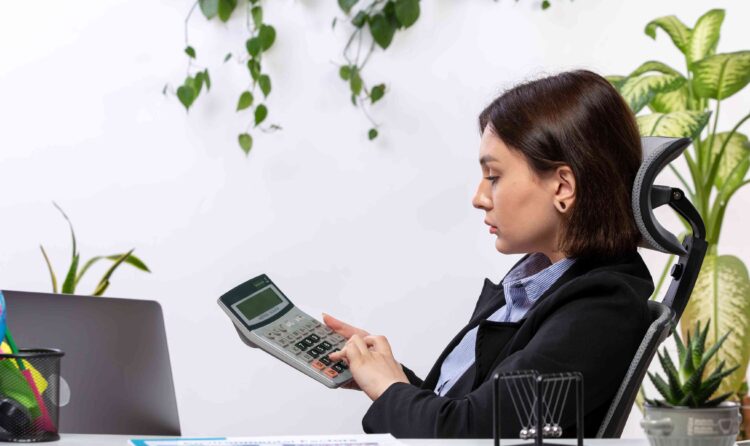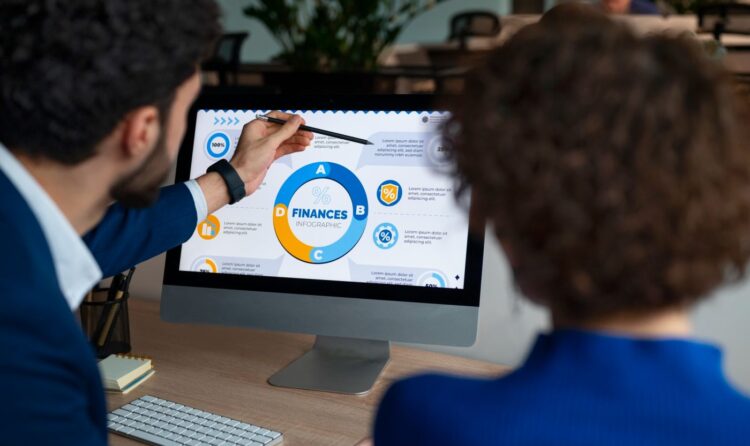A Guide to VAT on food and beverage supplies in UAE
The UAE, always known for its welcoming attitude towards enterprises and businesses, particularly in the food and beverage sector, has a large chain of restaurants, cafes, and food-based entities.
The region boasts of a flourishing food and beverage industry to cater to the different needs of immigrants worldwide. From casual dining to fine dining at Michelin-starred restaurants, the UAE has everything to satisfy tourists, VIPs, residents, and immigrants. However, beyond the fine dining experience and the availability of global dishes, there is a daring game of taxes to be dealt with. Dealing with VAT on food and beverage supplies in UAE is a tedious process.
VAT, introduced in the UAE in 2018, has had a critical and urgent impact on the F&B sector. Understanding its implications is crucial for ensuring compliance and maximizing profitability.
Let’s break down the critical aspects of VAT on food and beverage supplies in UAE.
VAT Rates for Food and Beverages
The standard VAT rate in the UAE is 5%, which applies to most food and beverage supplies. However, the VAT regulations aren’t always straightforward.
- Zero-Rated Supplies: Some essential food items get a VAT-free pass. Think fresh fruits, vegetables, and bread. These are considered zero-rated, meaning you don’t charge VAT but can claim input tax on related purchases.
- Exempt Supplies: Certain services, like catering for specific events or medical diets, might be VAT-exempt under specific conditions. This means you don’t charge VAT and can’t claim input tax.
Understanding these categories is crucial for accurate VAT calculations and avoiding penalties.
Let’s move on to the impact of online food ordering on VAT.
VAT on Food Delivery and Online Orders
The rise of food delivery platforms has transformed the way people consume food. However, it has also introduced new VAT complexities for businesses.
- VAT on Platform Fees: Online food ordering platforms typically charge a commission or service fee from restaurants. These fees are subject to VAT.
- VAT on Delivery Charges: Delivery charges are considered a standard-rated supply and are subject to VAT.
- Record Keeping: Maintaining detailed records of online orders, including customer details, order values, and VAT charged, is crucial for compliance. This includes records of commissions paid to food delivery platforms and VAT charged on these commissions.
- Reverse Charge Mechanism: In certain cases, the reverse charge mechanism might apply to the supply of food to the delivery platform. Understanding these rules is essential to avoid errors.
Proper record-keeping is vital for reconciling VAT charged with VAT paid, especially when dealing with multiple delivery platforms.
Next, let’s explore how F&B businesses can maximize their VAT recovery.
VAT Recovery: Reclaiming Your Money
Input Tax Credit (ITC) is essentially a refund for the VAT you’ve paid on purchases used for your business. It’s like finding extra cash in your till!
- Understanding Eligibility: Not all VAT paid can be recovered. Focus on purchases directly related to your business operations, like food supplies, equipment, and utilities.
- Accurate Record Keeping: Maintain detailed records of all purchases with VAT invoices. This is your proof for claiming input tax credits.
- Timely Claims: Submit your VAT returns on time to avoid penalties and ensure you claim all eligible credits.
- Specific Claims: Be clear about the VAT amount claimed for each purchase on your VAT return.
Remember, maximizing your input tax recovery can significantly improve your cash flow.
Next, let’s talk about the importance of VAT compliance for F&B businesses.
VAT Compliance Best Practices for F&B
So, now you know the importance and impact of VAT on food and beverage supplies in UAE. Accurate record-keeping is the cornerstone of VAT compliance. It is essential to maintain detailed records of sales, purchases, and VAT charges.
As a busy business entity, your best option is to use a typical accounting software in UAE or hire the best local accounting and bookkeeping companies in the UAE. Though traditional software may not resolve all your problems, it can bring in some order and discipline. We would always recommend you to partner with the best VAT consultants in UAE to streamline your financial activities and processes in the food and beverages supplies in UAE.
- Technology can be a game-changer for VAT compliance. Explore VAT-compliant point-of-sale (POS) systems and e-invoicing solutions to simplify record-keeping and reduce errors.
- A VAT specialist can help you navigate complex rules, identify potential risks, and ensure you’re maximizing your VAT recovery.
PROFITZ ADVISORY: Your F&B VAT Experts
Handling VAT on food and beverage supplies yourself can be a bit complex due to its complicated processes. It is a time killer as well as a real headache for F&B businesses. That’s where PROFITZ ADVISORY comes in. It is the best accounting company in the UAE that can be your go-to partner for all things VAT. Our team of experts specializes in the F&B industry, ensuring you stay compliant and maximize your bottom line.
We offer a range of services, including VAT registration, compliance, and recovery. Let us handle the VAT complexities while you focus on delivering delicious food and exceptional service.
Let us look at the core VAT accounting services in the UAE.
- VAT Registration and De-registration
- VAT Compliance and Returns
- VAT Recovery and Refunds
- VAT Consultancy and Advisory
- VAT Audit Support
Ready to simplify your VAT? Contact us for a free consultation.
Frequently Asked Questions (FAQ)
1. What is the VAT rate in UAE?
The standard Value Added Tax (VAT) rate in the UAE is 5%. This applies to most goods and services.
2. How much is the tax on food in Dubai?
Most food items are subject to the standard 5% VAT rate in Dubai. However, there are exceptions. Basic food items like fresh fruits, vegetables, and bread are typically zero-rated.
3. What is exempt from VAT in UAE?
While most goods and services are subject to VAT, some items are exempt. These include:
- Basic food items like fresh fruits, vegetables, and bread
- Healthcare services
- Education services
- Financial services
- Residential property sales
- International transportation
It’s important to note that while exempt supplies don’t have VAT charged on them, businesses involved in these sectors cannot claim input tax credits.
4. What is the 5% tax in UAE?
The 5% tax in the UAE is the standard Value Added Tax (VAT) rate applied to most goods and services.
